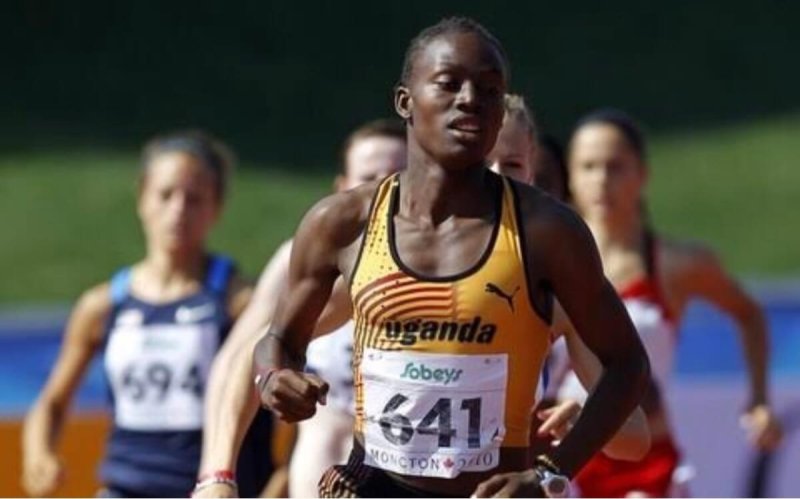After securing a top-three spot in the 800 meter and 1500 meter categories, in four international competitions, the Ugandan athlete [Annet Negesa] qualified to represent her country at the 2012 London Olympics.
…
It was while in Europe, just weeks before the competition, that Negesa would get a call from her manager, informing her that she could no longer compete at the Olympics.
She says he explained that the blood samples revealed levels of the hormone, testosterone, in her blood that IAAF considered too high and that at the recommendation of the athletics governing body, she would need to get further tests.
Negesa’s bright future quickly darkened from that point.
…
In November 2012, after being taken to the Women’s Hospital International and Fertility Centre in Kampala, Uganda, the then 20-year-old woke up from surgery to learn her internal testes had been removed.
“I woke up finding myself having cuts under my belly and really, I was asking myself, ‘What happened to me? What they did to me?’”
…
In pain, and without the after-care that she needed, Negesa’s body could not perform as it once did. In an account of her story published by Human Rights Watch, Negesa shared that she lost her university scholarship, and then her manager dropped her.
Referring to the IAAF, she adds: “They violated my rights as a human being. They treated me like a guinea pig.”































